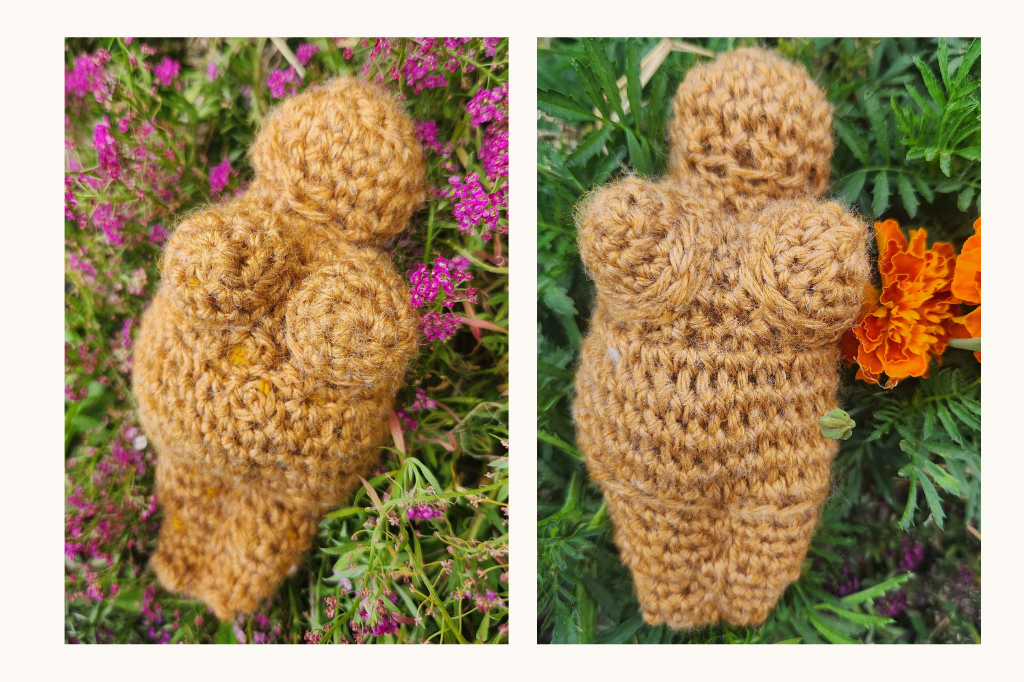Or, phrases to try when you need to finish your own task first
If you’ve been around small children at all you’ll be familiar with how short a toddler’s memory can be. It can sometimes seem like the more obvious the task you’re doing the more interruptions they have for you.
If this is sounding familiar then here are five phrases you can use as alternatives to no to help re-direct your kiddo.
1. “I would love to do _____ with you! But first I have to ____”
This is a great one to start with if you’ve got a kiddo who wants you to stop doing something to play with them. Its also great for practicing ordinal language with older toddlers.
In practice this would look like telling your toddler who wants you to stop doing dishes to go play blocks with them “I would love to play blocks with you! But first I have to wash the dishes in this side of the sink.”
The key to this phrase is being clear about the plan, following through with your promises, and repetition.
The plan: first dishes in the sink, then play blocks
Follow through: after dishes, play blocks
Repetition: be clear, be concise, and hold your boundaries
The more often you repeat a script like this and follow through with your promises the more likely your kids are to listen because they know that when you say ‘later’ you mean later.
2. “That sounds so cool! Can you tell me about it while I finish ______?”
This is a perfect follow-up to the first phrase for kids who are feeling clingy, chatty, or just a little impatient.
If your toddler has a game they want to play or an activity they want to do encourage them to tell you more about their ideas. Encouraging children to tell you about their ideas is a great way to build your relationship and to learn about the kind of play they enjoy.
In practice this would look like saying “Blocks sound like so much fun! While I finish the dishes can you tell me about what you want to build?”
If your kid likes to chat this may be enough to fill the time but for quiet or younger kids this is a great chance to practice conversation skills by being an active listener and asking detail questions.
“Will your castle have a tower?”
“How many towers?”
“3 Towers!? Wow! How many towers is 3?”
Just be careful not to wander too far into quizzing territory, the goal is to build connection not stress out about castle construction!
3. “Before I can _____ I need to do _____ , do you want to help?”
Kids, and especially toddlers, LOVE to help. If you have the patience (and time) chores are a great time to build life skills and play at the same time.
In practice this would look like saying “Before I can play ball with you I need to start the laundry, do you want to help?”
Of course some chores are better than others when it comes to having enthusiastic help. For our family, toddler-friendly chores look like this with our three-year-old
Helping Chores
- Laundry – sorting, loading, and folding
- Groceries – shopping, carrying in, and putting away
- Vacuuming
- Putting away toy
- Watering plants
Not-so Helping Chores
- Dishes – washing, putting away, and loading the dishwasher
- Cooking – with heat, knives, or in a hurry
- Making the bed
Every family is different so try a few things and see what works best for you!
4. “While I do ____ would you like to ______?”
When you don’t have the time to entertain while you’re trying to get something done then redirecting is the way to go.
In practice this would look like “While I do laundry would you like to color?”
The key here is to offer suggestions for independent play that are quick to set up or can be done without your involvement at all. Bonus points if it’s mess free to.
Some ideas to get you started:
- coloring book
- play-doh
- workbooks
- puzzles
Pinterest is a great place to find ideas for no-mess easy-set-up activities for kids of any age, to check out some of my favorites you can check out my pins here!
5. “I need to _____ before I can ______, what could you do while I’m busy?”
Where the last phrase was aimed at younger children this is a step up in terms of fostering independence for growing kids.
Encouraging independent play in young children is great for their development and asking them to find an activity rather than redirecting them directly is an easy way to build that skill.
In practice that would sound like “I need to finish laundry before I can play trains with you, what could you do while I’m busy?”
Other variations could include offering two-three options and letting your child pick one and do their own set up!
Wrapping up
The trick to getting these phrases, and phrases like them, to work is to stick to the golden rule of ‘set a boundary, hold a boundary’.
If you want your kids to listen to you one of the most important things you can do is to hold the boundaries you set. For more about the importance of boundaries check out our article Boundary Basics
What do you think?
Will you be trying any of these phrases with your kids? How do you re-direct kids when you’re busy?
Comment below and let me know!
Check out our post about Toddler Activities for Tired Moms for more ideas about keeping kids busy when you’re busy.







